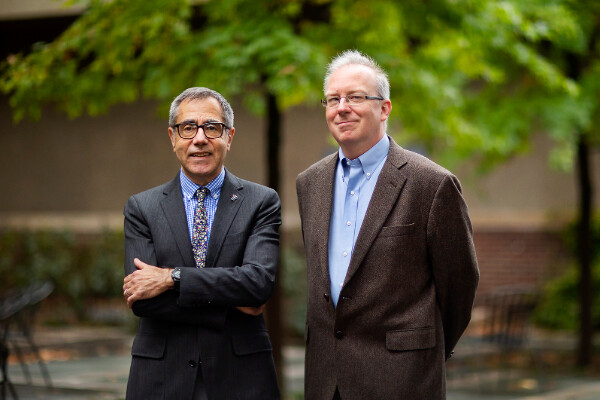
Articles from Eric Sucar

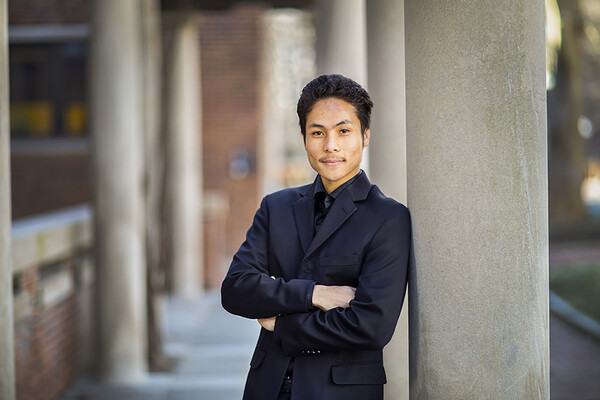
Gaining momentum by the minute
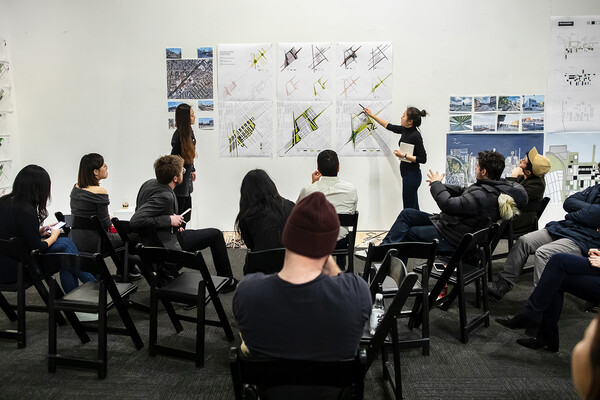
Designing with nature, now
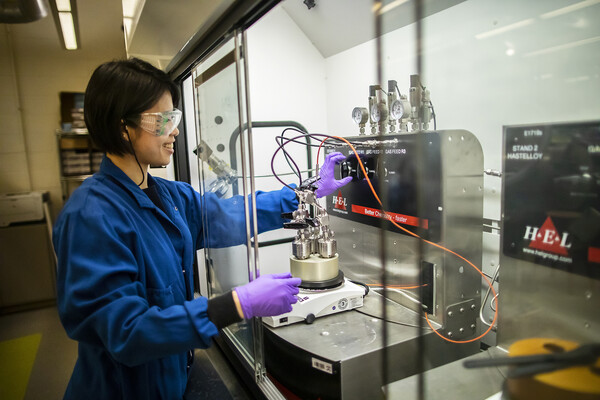
Amy Chu spends a lot of her time running chemical reactions using one of her lab’s pressurized reactors. When she’s not doing research on fundamental chemistry, she’s busy working as a scientific consultant on a project collaborating with energy policy researchers.
Championing scientifically driven energy policy
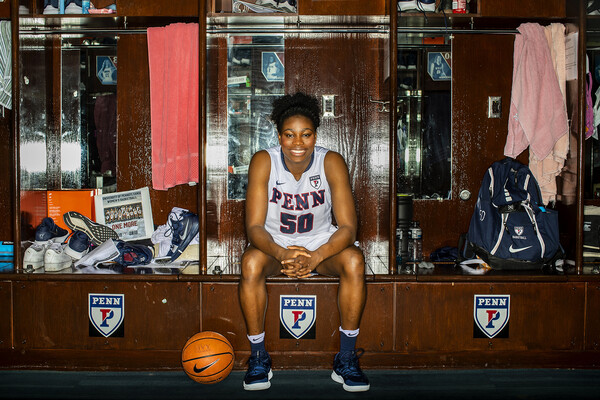
Courtside with Princess Aghayere
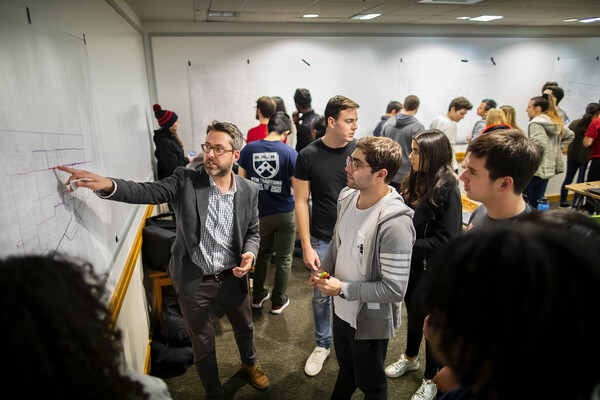
With help from the Penn Libraries' staff, Cebul and his students worked with maps in an electronic classroom in Van Pelt-Dietrich Library.
Image: Eric Sucar
From urban renewal to today, tracking the struggles of America’s cities
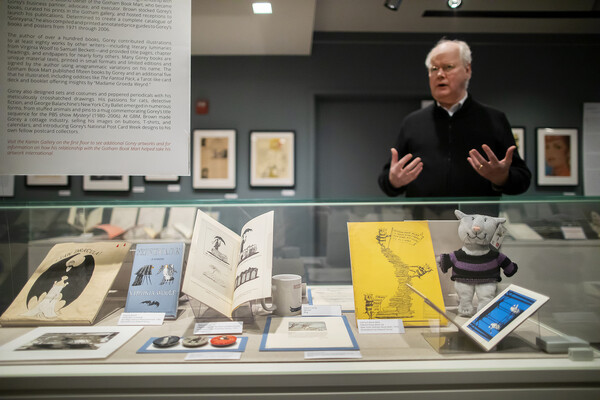
David McKnight of the Penn Libraries led the decade-long project to sort through the 200,000 books, and additional materials, and catalogue the Gotham Book Mart donation. A new exhibit showcases 300 selections, including the writing and illustrations of author Edward Gorey, who collaborated with the storied book shop.
Treasures revealed
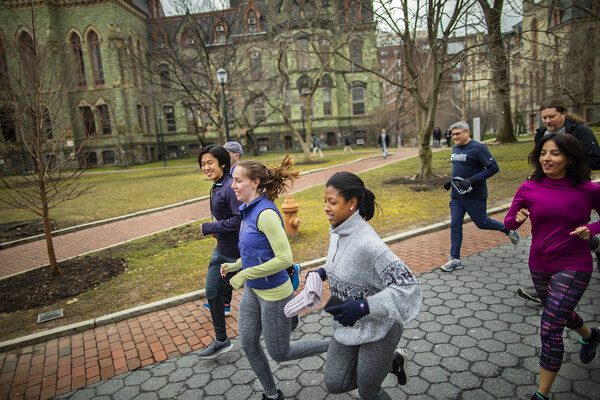
Passing College Hall, the Anennberg (Lunchtime) Running Club turns attention to featured speaker Sean Brown (far left). The club organizes two Ideas in Motion lecture series, one held while running and the other while walking.
Campus running club benefits the body and the brain
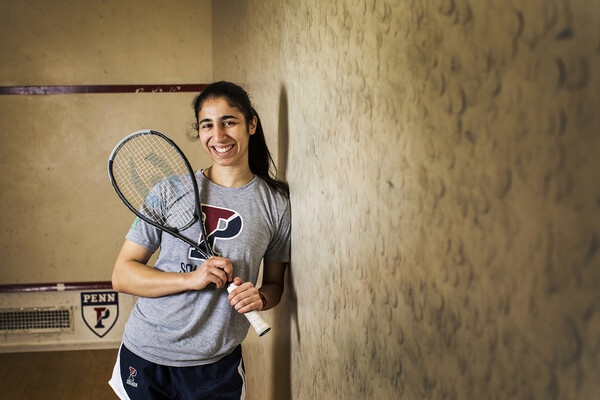
Sedky takes home College Squash Association’s top honor
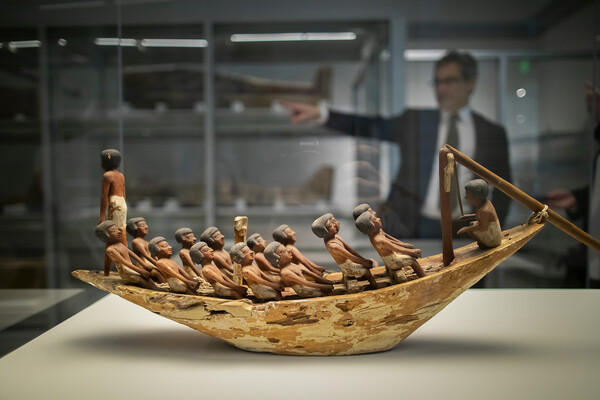
A new Penn Museum exhibition showcases 200 artifacts from its vast Egyptian collection, as well as their conservation, including a 4,000-year-old model of a rowing boat featuring 16 figures.
